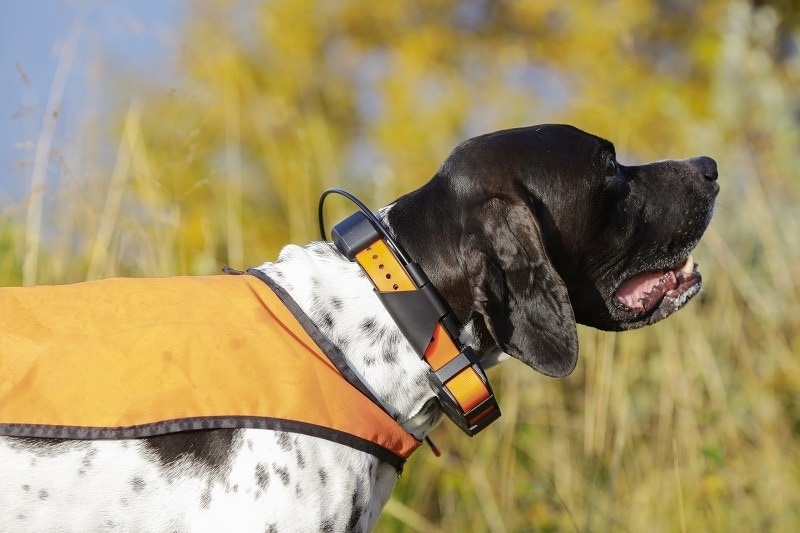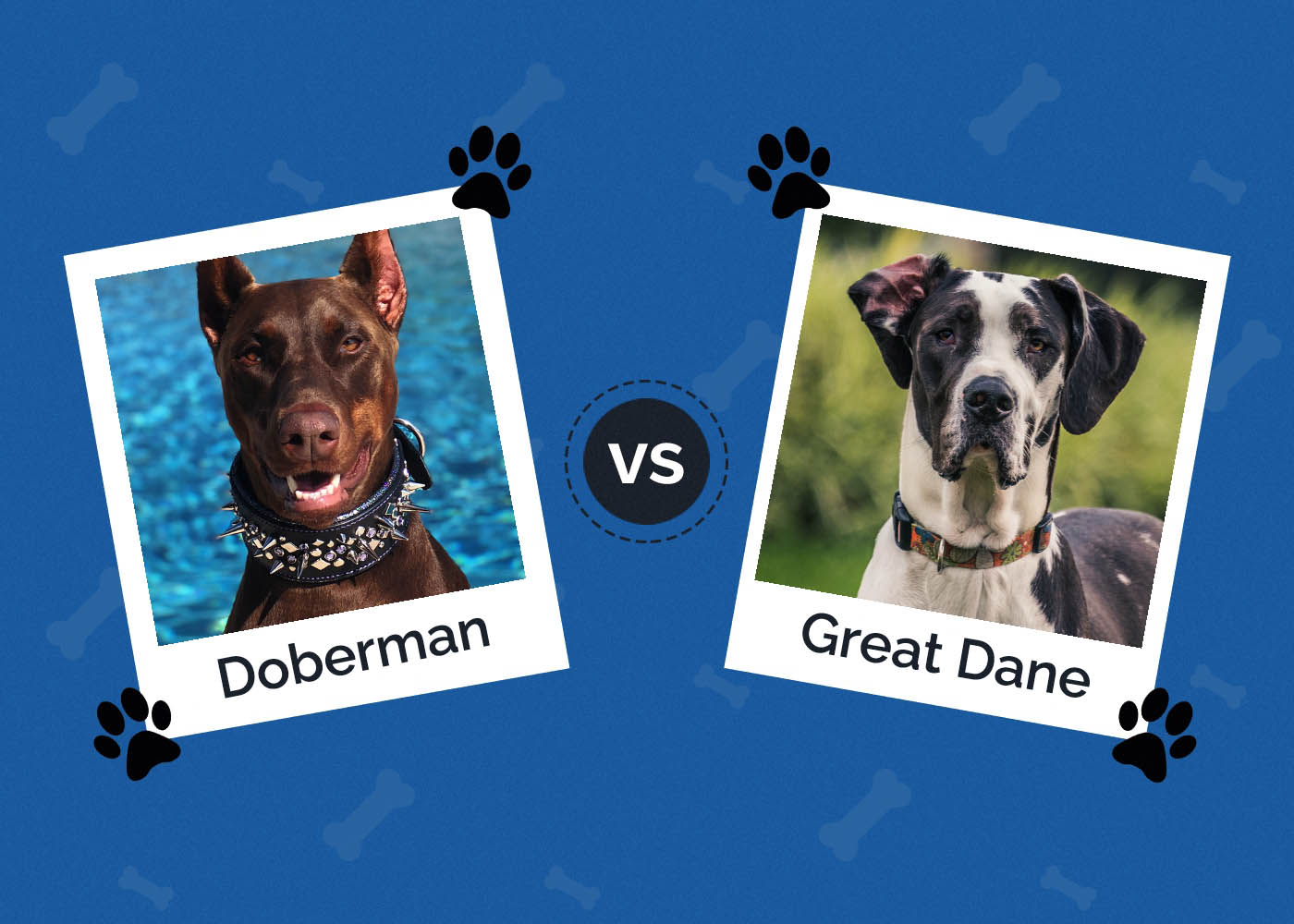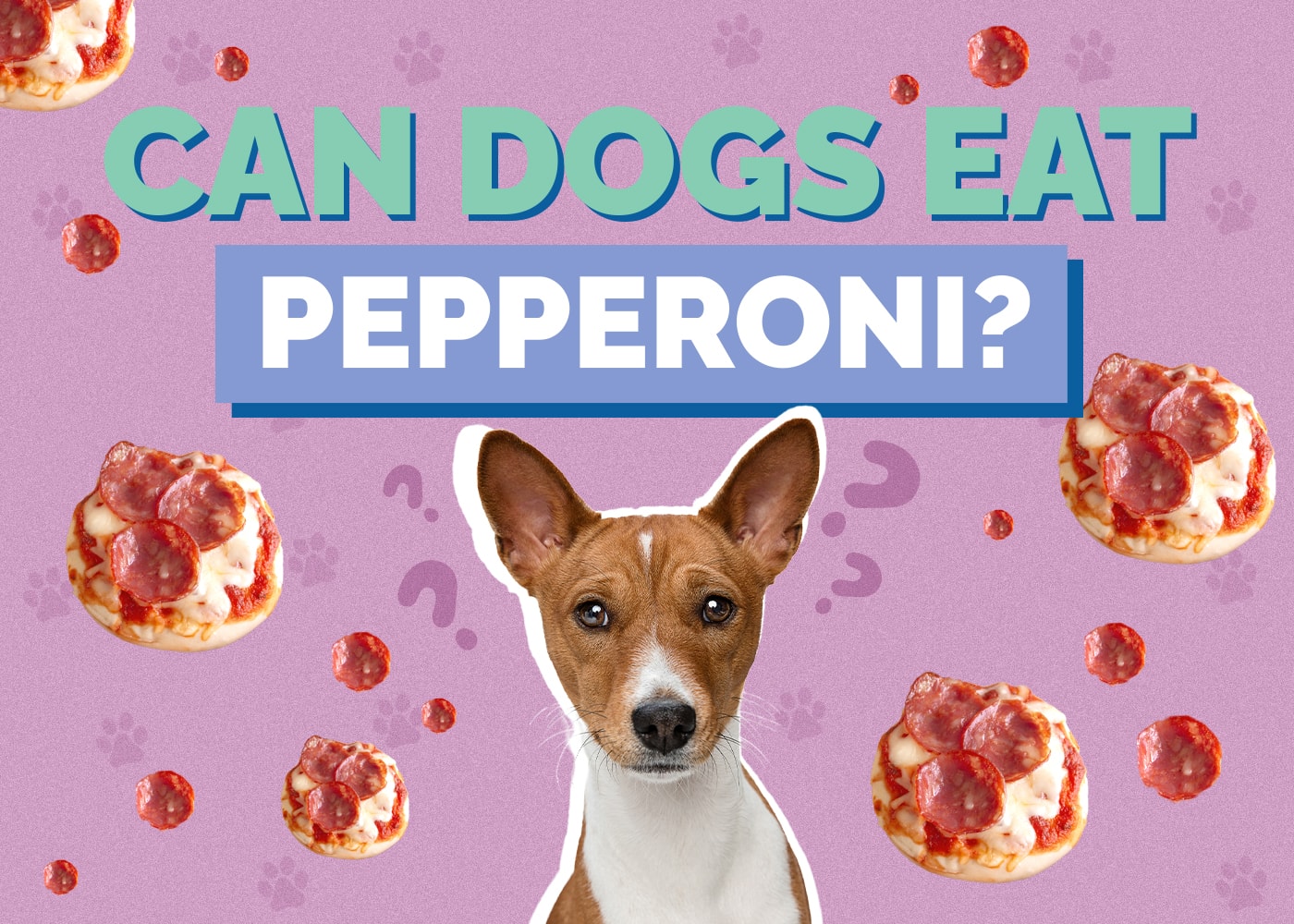Why Do Dogs Lick Your Wounds? Should You Worry?
Updated on
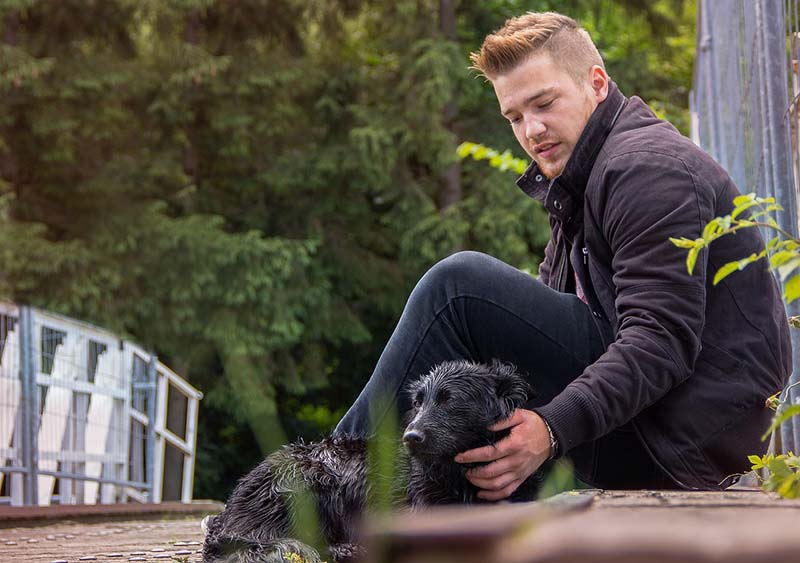
As we move through our daily lives, it isn’t unusual to get a cut or wound on our bodies. More often than not, these wounds may be so small we don’t remember how we got them. Other times, the wound may hurt so bad we’re looking for a bit of comfort. This is often where your dog comes in.
When you’ve been wounded, whether big or small, your dog may take notice. Many times, they’ll try to help console you or clean your wound by licking it. If you haven’t experienced this reaction from your dog before, it may seem a bit shocking. Why would your dog want to lick your wound? Should you be worried about it?
The answer is simple. Your dog is licking your wound to take care of you. It’s natural for them to protect their pack. You’re family to them. Let’s learn a bit more about dogs and how they treat our wounds so you can better understand this behavior from your best friend.
The 3 Reasons Your Dog Licks Your Wounds
Having a dog comes with many new experiences. The licking of wounds is one of the most common. Most dogs do this, especially those that are open with their affections. Let’s take a look at a few of the main reasons dogs lick your wounds below and explain why your pooch reacts this way.
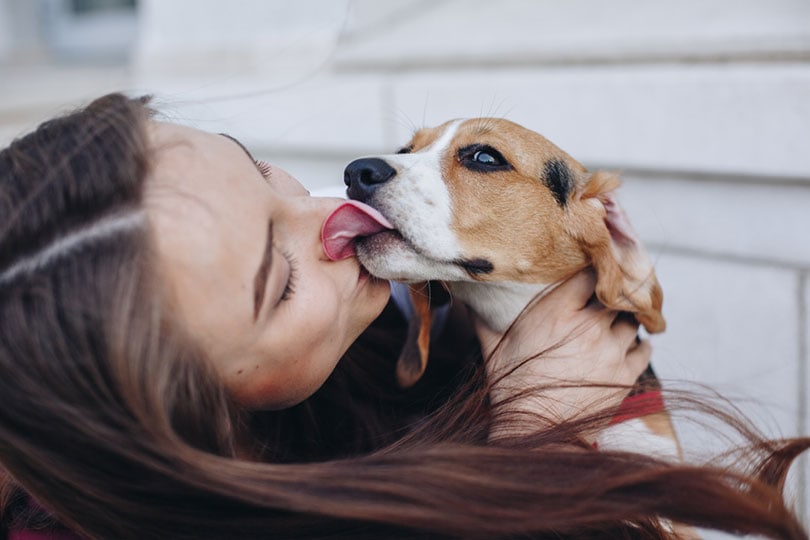
1. Natural Instincts
When dogs injure themselves, their first response is to lick the wound. This response helps ease the pain and even offers a bit of mental soothing for the situation. Most dogs learn this type of behavior from their mothers who will instantly lick and clean their pup’s wounds. When your dog sees that you’ve hurt yourself, whether it’s a big wound or a small one, they want to offer you the same type of comfort. This is why they’ll lick at your wounds and often cuddle you just a bit when you aren’t feeling your best.
You can also look at this type of attention from your dog as a part of pack life. Yes, although they’ve long evolved from that type of living, dogs are still related to wolves. As part of a pack, it isn’t unusual to help an injured comrade with comforting licks. Your dog sees you as a member of their pack, or part of their family. It’s natural for them to want to care for you and ensure that your pain is eased and your wound is taken care of quickly. In their eyes, it’s the best way to get your back on your feet and back with the pack.
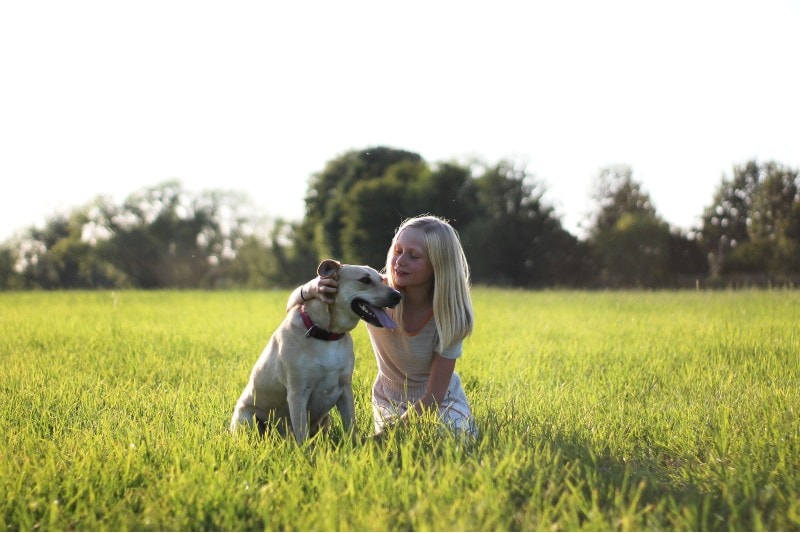
2. Cleaning the Wound
Your dog doesn’t understand why you aren’t giving yourself baths daily as they do. All they know is that their method works. Their way of cleaning also works when they get a wound. Licking is a dog’s way of removing dirt and debris from its wounds. Of course, they want to give your wounds that same kind of attention. The last thing your best pal wants is for you to get an infection because your wound wasn’t properly cleaned. To help avoid that issue, they’ll gladly step in and clean it their way.
3. Helping the Healing Process
For dogs, licking their wounds is the best way to stop the bleeding and start the healing process. Inside a dog’s mouth are proteins called histatins. They are in the mouths of humans as well. These proteins can help dogs fight off infections and even prompt surface skin cells to close over the wound faster. While your dog may not know they have histatins in their saliva, it’s still their natural instinct to treat their wounds themselves. They can’t rush out and buy bandages and antiseptic so they do the next best thing. When your pup decides to lick your wounds, they are trying to start your healing process as well.
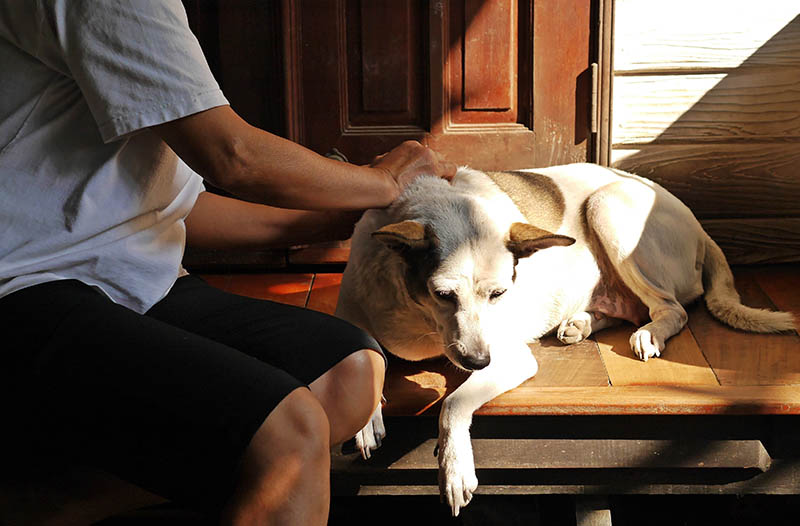
Should I Worry If My Dog Licks My Wounds?
Your dog licking your wounds doesn’t mean something is wrong with you. It’s just their natural way of reacting to the situation. Many people fear that more could be wrong if their pet pays special attention to a wound. That simply isn’t the case. However, there are a few things you should keep in mind when you have a wound and your dog seems to be fond of trying to heal it. Let’s take a look at those below.
Causing More Damage
Your dog giving you a quick lick when you’re wounded may not be a big deal, but if your dog gets too excessive it could cause more damage. The skin around a wound can be quite sensitive. If your dog licks the area too much, it can irritate the skin which, in turn, could slow the healing process. Your wounds also need to scab over to heal. Many dogs find this point in the healing process fascinating. If your dog attempts to excessively lick at your wound as it’s healing and scabbing over, it’s best to stop them so your healing can finish.

May Introduce Bacteria
Let’s be honest, you have no idea where your dog’s mouth has been. Yes, their saliva has antibacterial properties but that doesn’t mean they couldn’t introduce something to your wound you aren’t expecting. While this is rare, it can still happen. In other words, don’t rely on your dog’s saliva to clean your wounds for you. That’s still your job. If your pooch gives you a loving lick or two to try and help you out, still take the time to properly clean and disinfect the affected area afterward.
- Related Read: 4 Reasons Why Dogs Lick Their Own Wounds
Final Thoughts
There are many reasons your dog may lick your wounds, but the main one is to show you they care and offer their help. It’s what your dog does. When you come home with a wound and your dog offers you a lick, don’t panic. It doesn’t mean something is wrong and it isn’t a sign that you’ll get an infection. It’s simply your dog trying to help you heal. When your pooch has shown you enough love, then you can properly treat your wound and give them a few treats for being such a great nurse.
See also:
- Do Cavalier King Charles Spaniels Shed? Vet-Reviewed Facts
- 143 Fitting Names for Flat-Coated Retrievers: Ideas for Hunting Dogs
Featured Image Credit: Michael Treu, Pixabay

